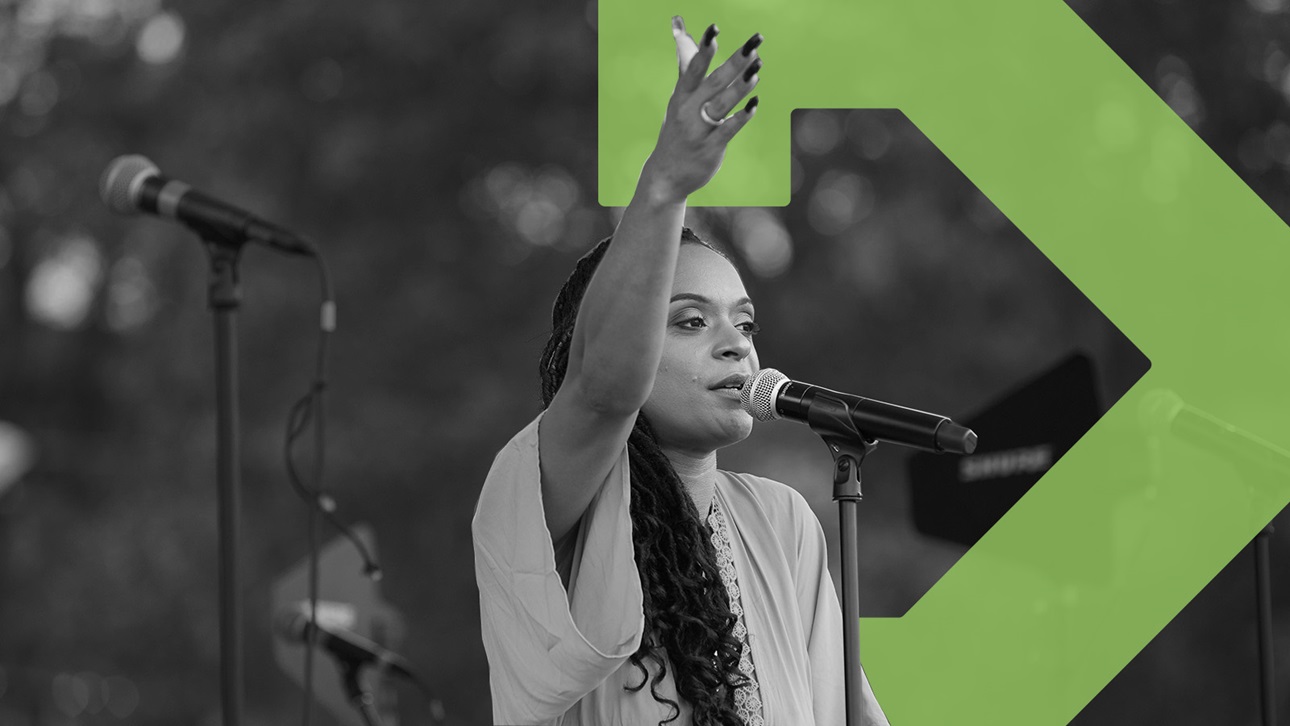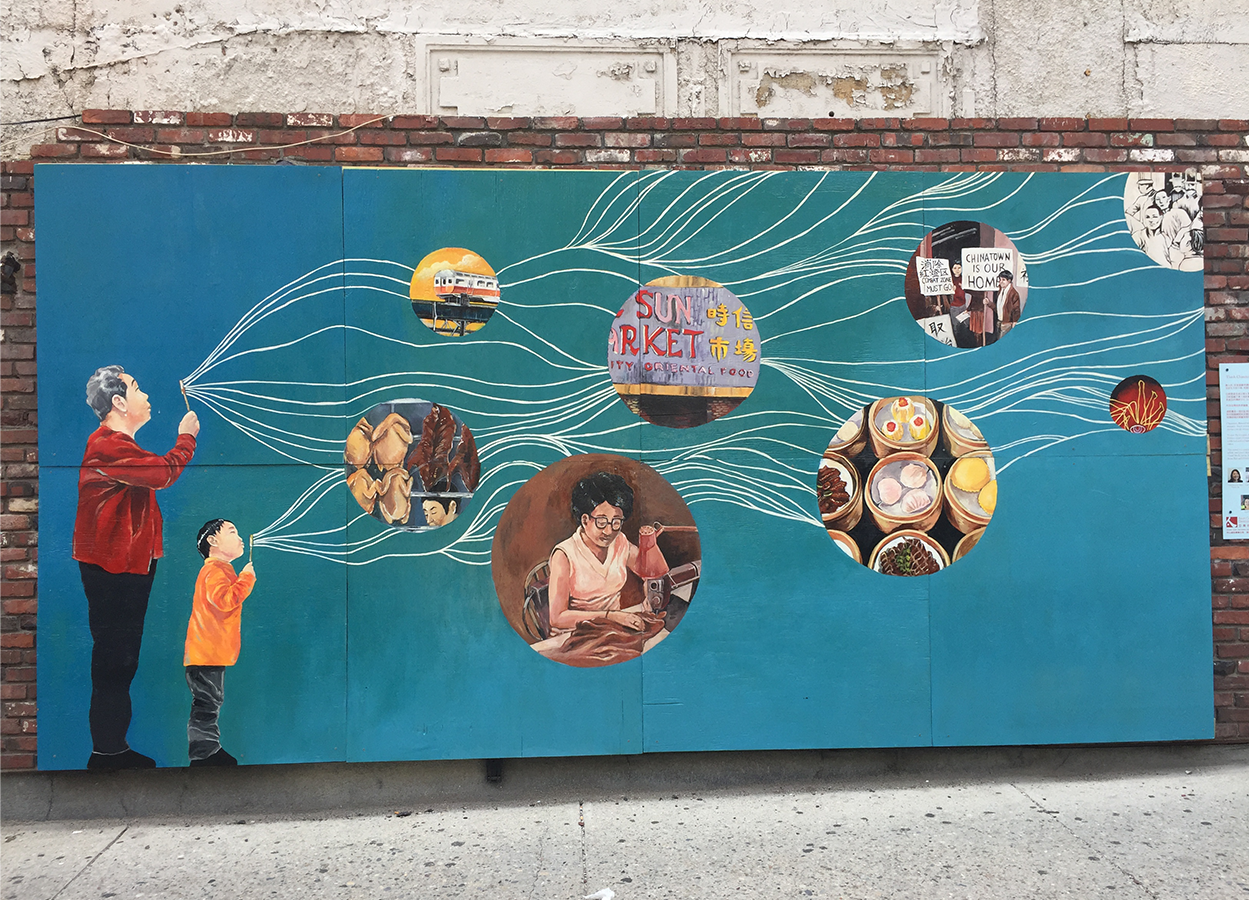
The Call for Capital: How Mission-Driven Financing Supports Our Small Businesses
Tuesday, March 3, 2026

The Boston Foundation sponsors a series of popular events designed to engage the community with the challenges facing our city and region. These are attended by thousands of dedicated people every year.

Tuesday, March 3, 2026

Thursday, March 5, 2026

Want invitations to upcoming TBF Events sent to your inbox?

Tuesday, February 3, 2026, 9:00 AM - 10:30 AM

Friday, January 30, 2026, 9:30 AM - 10:15 AM

Wednesday, December 17, 2025, 10:30 AM - 12:00 PM

Tuesday, December 16, 2025, 10:00 - 11:30 AM

Friday, December 12, 2025, 9:30 - 11:00 AM

Wednesday, December 3, 2025, 5:00 - 8:00 PM

Thursday, November 20, 2025, 9:00 - 10:30 AM

Wednesday, November 12, 2025, 9:00 - 10:30 AM The 2025 Housing Report Card event featured an exploration into supply, housing affordability and a conversation on the diverging paths of towns implementing the MBTA Communities Act.

Thursday, November 6, 2025, 9:30 - 11:00 AM This event explored the progress and challenges for maternal health in the one year after the Commonwealth's landmark maternal health legislation.

Wednesday, October 15, 2025 from 9:00 - 10:45 AM This event emphasized the need for Massachusetts to set a clear vision and strategy for better preparing high school students for college and careers.

Wednesday, October 8, 2025 from 9:00 - 10:30 AM MA top climate official and other leaders gathered at TBF for a lively discussion of how to attract, train and employ the thousands of people the state will need to further our climate goals.

Friday, October 3, 2025 from 5:30 PM - 9:00 PM More than 700 people joined us for a night of celebration and networking for the Asian Community Fund’s 2025 Gala: Rising Together, a vibrant celebration of AAPI leadership, connection, and belonging across our region.

Friday, September 19, 2025, 9:30 - 11:00 AM Our first Coffee and Conversation of 2025-2026 highlighted opportunities to strengthen the role of parents as advocates for early education and care.

Tuesday, September 16, 2025, 9:00 to 10:30 AM SkillWorks hosted this forum bringing researchers, policymakers, and practitioners to discuss the impact of immigrant workers on MA, and the importance of vocational ESOL programs for unlocking greater opportunities.

Wednesday, July 16, 2025, 9:00 - 11:00 AM This year’s AAPI Business Leadership Breakfast focused on how we strengthen the infrastructure around AAPI businesses, expand access to capital and contracts, and elevate the role of AAPI leadership in shaping inclusive economic growth.

Wednesday, July 16, 2025, 9:30 - 10:30 AM Boston Indicators released their special report on the growing guaranteed income ecosystem, including a literature review of the strongest GI evaluations conducted nationwide and a detailed catalog and synthesis of programs in Massachusetts.

Tuesday, June 17, 2025, 10:00 - 11:30 AM The AAPI Arts and Culture Collaborative at the Asian Community Fund led the release of this new report and arts assets inventories at an event featuring poetry, music and dance alongside the discussion.

Friday, June 13, 2025, 9:30 - 11:00 AM The final Coffee & Conversation of the fiscal year, this quarterly series has brought together advocates, practitioners, professionals with lived experiences, political leaders, community champions, and our donor community.

Thursday, June 12, 2025, 4:00 - 6:00 PM Thank you for joining us for the annual Equality Fund Pride Celebration, a time when we announce new grantees, celebrate our nonprofit partners’ transformative work, and recognize our donors’ commitment to the Fund’s mission!

Tuesday, June 10, 2025, 9:00 - 10:30 AM This event featured the release of an new report by the Gastón Institute and the Latino Equity Fund, capturing the lived experiences of immigrants in Mass. who face systemic barriers to reentering their professions due to inequitable credentialing requirements.

Thursday, May 29, 2025, 5:30 - 7:30 PM TBF hosted a fireside chat between President and CEO Lee Pelton and Reverend Liz Walker to discuss her new book, No One Left Alone. Discussion centered around Rev. Walker's personal story of becoming a pastor in Roxbury and helping a community navigate grief and find space in her congregation to heal.

Tuesday, May 20, 2025, 9:30 - 11:00 AM The release event for a new report and resource map brought practitioners and advocates to provide a deeper understanding of the existing gaps, needs, barriers, and areas of strength across the promotion, prevention, and intervention workforce.

Monday, May 19, 2025, 11:00 AM - 12:30 PM Sharing insights from their latest report, the Latino Equity Fund at TBF, the Mauricio Gastón Institute at UMass Boston, and Philanthropy MA held a conversation exploring the role of Latino-led and Latino-serving organizations in MA.

Tuesday, May 13, 2025, 9:00 - 10:30 AM The Equality Fund at TBF and the Fenway Institute released 'LGBTQ+ People in Massachusetts: Strengths, Challenges, and Opportunities in a Diverse Community,' a report featuring new research about our state’s LGBTQ+ community.

Thursday, May 8, 2025, 5:30 - 7:30 PM How can we organize ourselves to defend, mobilize and expand the role of the arts in society? A panel of leaders and activists took on this question in a discussion the current landscape and models and best practices for building collective action within and beyond our sector.

Wednesday, May 7, 2025, 9:00 - 10:30 AM Be among the first to explore the vivid findings from a new report leveraging surveys, focus groups and interviews to hear directly from tenants and landlords on their experiences with the Massachusetts Rental Voucher Program (MRVP).

Monday, May 5, 2025, 12:30 - 02:00 PM TBF, MA Nonprofit Network, and MassINC Polling Group released the MA Nonprofits Federal Impacts Survey results, with responses from 500+ nonprofit leaders highlighting near-universal expectations that Trump administration policies will make work more difficult for their nonprofits and the communities they serve.

Thursday, May 1, 2025, 9:30 - 10:15 AM This event highlighted a new mixed-methods report by Boston Indicators in collaboration with the Center for Retirement Research at Boston College that explored the income and wealth of older households in Mass., with a special focus on low-income, low-wealth seniors.

Wednesday, April 30, 2025, 9:00 - 10:30 AM This event convened experts, policy leaders, and community members to understand, unpack, and address the occurrence and impact of appraisal bias in MA. The panel discussion provided background, share stories of homeowners’ experiences, and elevate potential solutions.

Thursday, April 10th, 2025, 5:30 - 7:30 p.m.Co-hosted by TBF, Artists for Humanity, MassCreative, and Zumix, this event featured conversations with leaders and practitioners in the field exploring ways to develop, protect and stabilize artist live-work spaces.
.jpg?h=607&w=910&la=en&hash=3184738146CA43DE71563BF1B7F8A90D)
Friday, March 28, 2025 For the release of a new report examining the business side of family child-care, TBF, MassBudget and Boston Indicators brought together policymakers, advocates, funders, and providers to explore the essential role of home-based care in MA and ways it can serve as a pathway to wealth building and stability for early educators.

Tuesday, March 25, 2025 Education and workforce development innovators convened at TBF to discuss different angles on the theme of equitably preparing Boston students for rewarding careers while ensuring our region’s economic future with a diverse and skilled workforce.

Thursday, March 13, 2025 During a panel discussion, guests both in-person and via livestream learned from leaders as they explored the challenges, opportunities, and tactics in driving towards a more collaborative and integrative creative economy and arts sector.

Thursday, March 6, 2025 In a lively conversation, Boston Indicators and the American Institute for Boys and Men explored the complex challenges facing boys and men in Greater Boston, and the possibilities for support systems that strengthen and support both boys and men and the larger community.

Thursday, January 30, 2025 TBF hosted the release of a new report from Boston Indicators and TransitMatters on the relationship between housing density and effective transit, and the possibilities for strengthening transit hubs in Greater Boston.

Wednesday, January 22, 2025 TBF hosted the release of new data from a pilot project that captured significant differences in heat across Boston neighborhoods and sparked a discussion of how neighborhood-level heat data could be used to help residents and save lives.

Tuesday, January 14, 2025 TBF hosted an online forum to release the newest report from Boston Indicators and researchers at the Institute for New England Native American Studies at UMass Boston, “To Live and Thrive” in Massachusetts: Native Perspectives on Wealth.